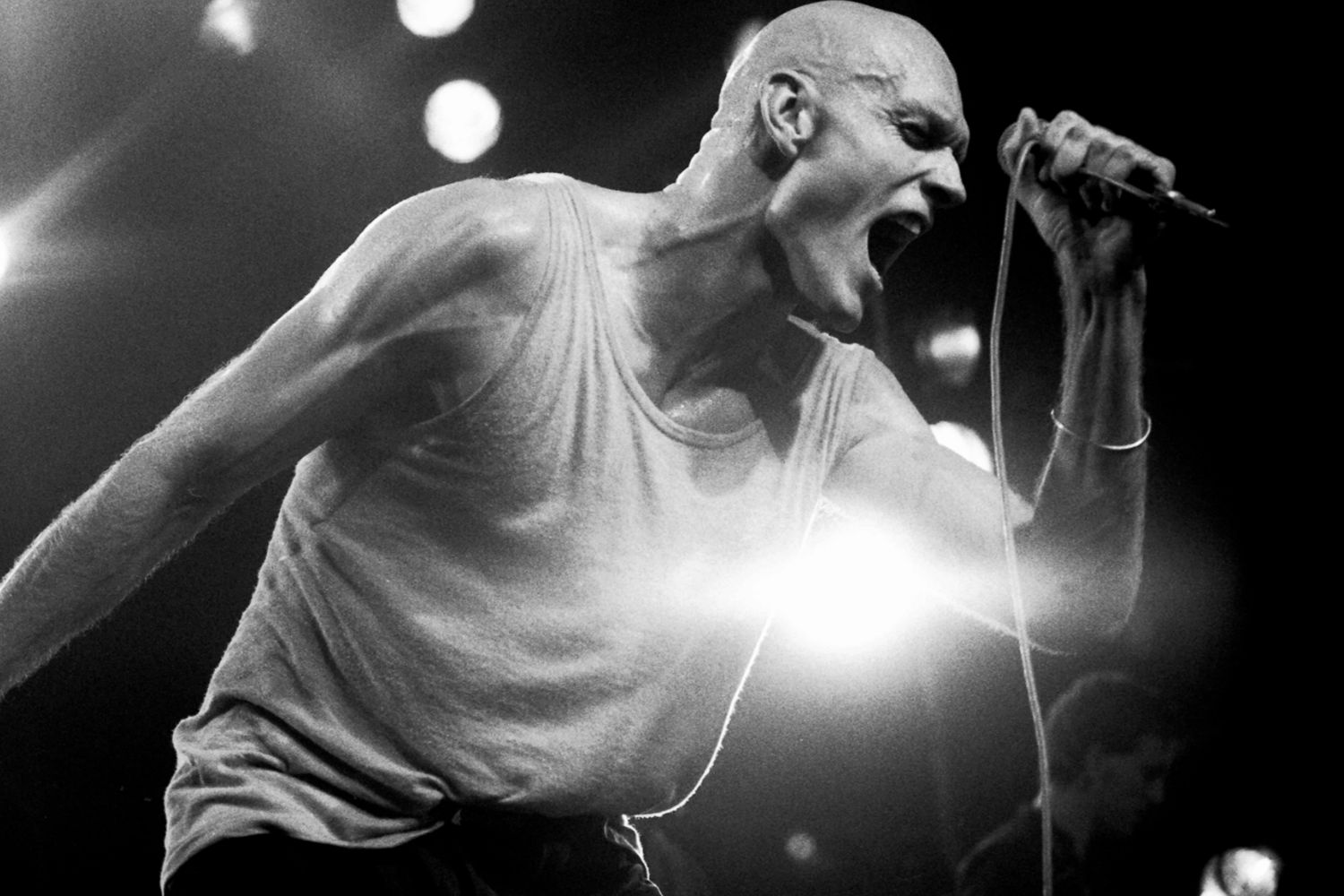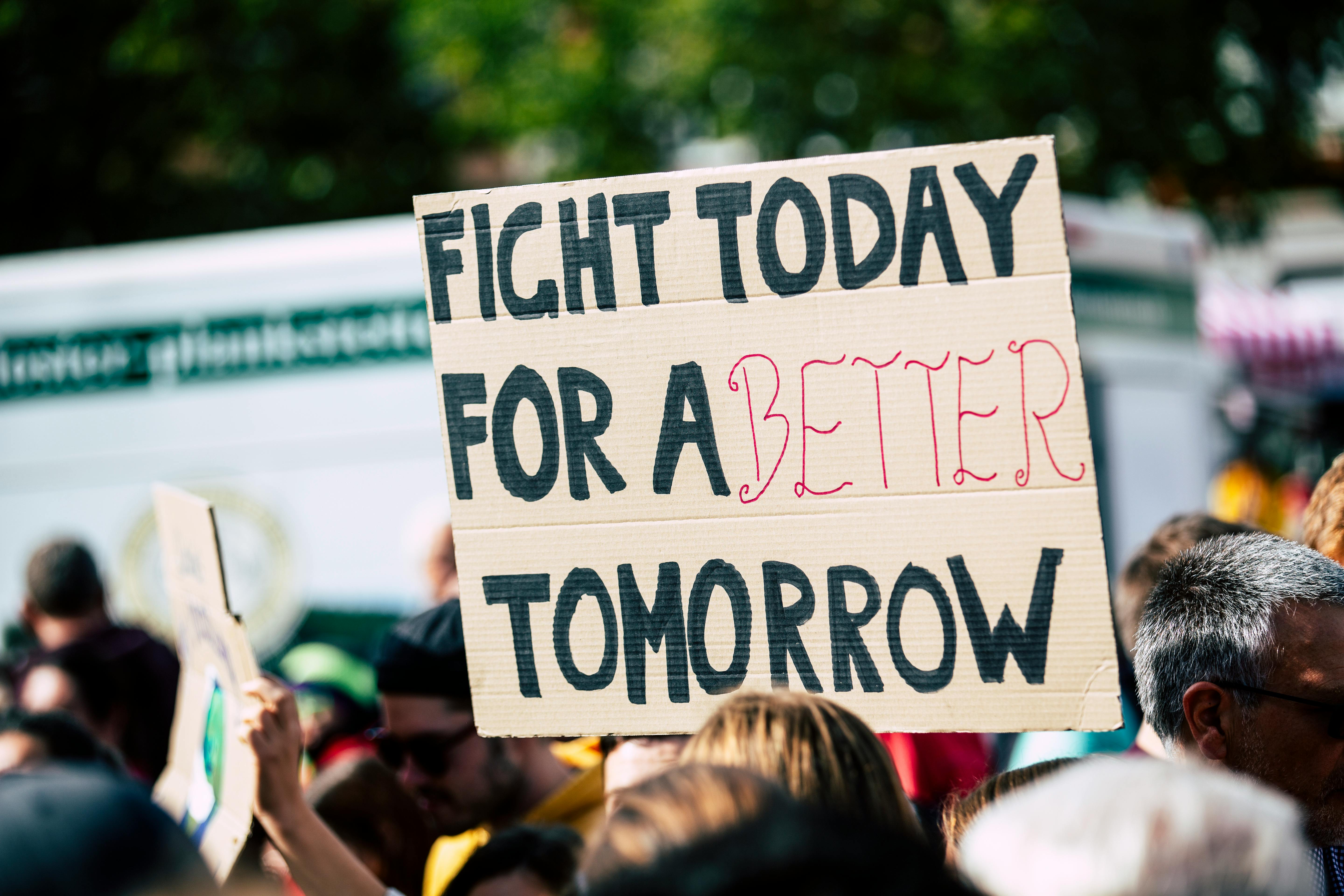Australian Political Songs: How Music Became a Voice for Protest
The Big Idea in 30 Seconds
- Protest through music: Songs in Australia have long been used to speak up about injustice and change.
- Famous voices: Artists like Midnight Oil, Paul Kelly, and Redgum turned political issues into hit songs.
- Focus on rights: Many songs highlight Indigenous rights, war, the environment, and inequality.
- More than sound: These songs became rallying cries—music mixed with power and purpose.

Why Politics and Music Go Together in Australia
Music is emotional. And so is politics. When people feel strongly about something—war, racism, the environment—they often turn those feelings into music. In Australia, political songs tell stories about the country, both proud and painful. They can open our eyes, stir up debate, or bring people together.
Think of these songs as Australia’s musical report cards. Artists use music to praise or protest what’s going on in the country. From old bush ballads to modern rock anthems, Australian political music is part of how the nation talks to itself.
The Roots: Folk Songs and Early Protest
Before rock stars took the stage, Australia already had a long tradition of music that challenged power. Folk songs—some over a century old—told stories from the working class, convict days, and the bush. These songs often stood up for the "little guy" and shared stories not seen in history books.
In Australian Folk Songs and Bush Ballads by Warren Fahey and The Songs That Made Australia by Eric Watson, you can find lyrics and stories about rebellion, worker strikes, and outback life. These old tunes helped shape the “underdog spirit” that modern artists would continue.
1980s: Protest Goes Electric
Midnight Oil: Rocking the System
When people think of Australian political music, Midnight Oil often comes to mind first. Led by the towering and bald frontman Peter Garrett (who later became a government minister), the band used powerful rock to send serious messages.
Their biggest political song, “Beds Are Burning,” asks a simple but loud question: Shouldn’t the land be returned to the Aboriginal people it was taken from? The song became an international hit—and a bold anthem for land rights.
Redgum: Telling Soldiers’ Stories
Another group from this era, Redgum, used acoustic guitar and folk-rock sounds to get political. Their song “I Was Only 19” tells the story of a young Australian soldier in the Vietnam War.
It’s told in a plain, honest voice. No big speeches—just raw memories of fear, confusion, and trauma. That made it powerful and relatable. Many veterans have said this song finally said what they couldn't.
.png)
Paul Kelly: Everyday Politics in Every Line
If Midnight Oil is loud and fiery, Paul Kelly is quiet and thoughtful. He writes songs about small moments. But those moments often reveal big truths.
His songs like “From Little Things Big Things Grow”—written with Kev Carmody—tell the story of Aboriginal land rights leader Vincent Lingiari. It’s gentle and catchy, but it carries generations of struggle.
Kelly’s gift is making politics personal. His lyrics don’t preach. They ask you to see someone else’s life—and care.
Goanna: Voices for Country and Culture
In the 1980s, Goanna added even more Indigenous issues to the radio waves. Their hit “Solid Rock” was one of the first songs in Australian mainstream charts to speak boldly about the violence of colonization.
With strong rhythms and didgeridoo mixed into rock, the song was both angry and beautiful. It opened up new space for Aboriginal themes in pop music—and for non-Indigenous Australians to listen closer.
The band’s lead singer Shane Howard has said he wrote the song after a trip to Uluru changed his view of Australia. That personal moment sparked a national conversation.
Country and Protest: Hidden but Powerful
Country music in Australia doesn’t always scream politics. But it has often served the same purpose—telling true stories of struggle and identity, especially for Aboriginal artists.
In Buried Country by Clinton Walker, you’ll find a deep dive into how Aboriginal country musicians—like Jimmy Little and Warumpi Band—used music to fight racism, remember roots, and call for justice.
These songs weren’t always on mainstream radio, but they mattered deeply in the communities they spoke to.

Why This Music Still Matters Today
Political music doesn’t follow trends. It follows truth. That’s why Australian artists are still writing protest songs, from hip hop to folk and everything in between.
Today, new artists—especially young Indigenous musicians—are picking up the mic to talk about prisons, equality, and stolen land. And in times of political division or major decisions (like referendums), old songs like “Beds Are Burning” and “From Little Things Big Things Grow” rise again.
Wrapping Up: More Than Just Music
Political songs are more than bangers with a message. They are musical time capsules. They tell us what people were feeling—what they loved, what they feared, and what they wanted to change.
From dusty folk tunes to electric protest anthems, Australian artists have long used music as a tool of truth. Whether it’s Midnight Oil stirring stadiums or Paul Kelly humming quiet truths, political music continues to help shape Australia.
Find your place on the spectrum.
Inspired by the music? See where your own political views align.
Take the Free Political Test The Global Shift Network
The Global Shift Network